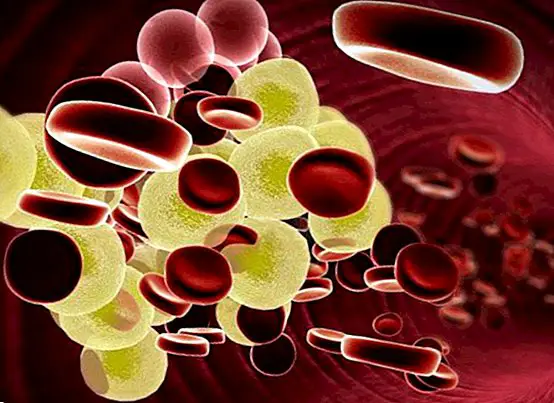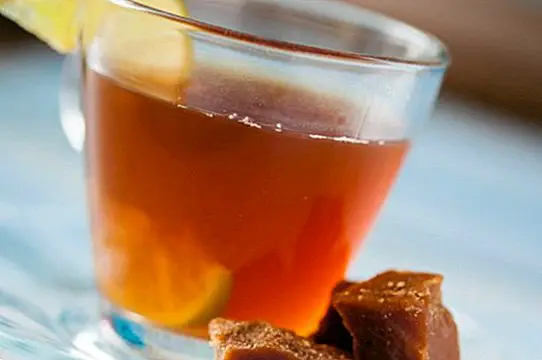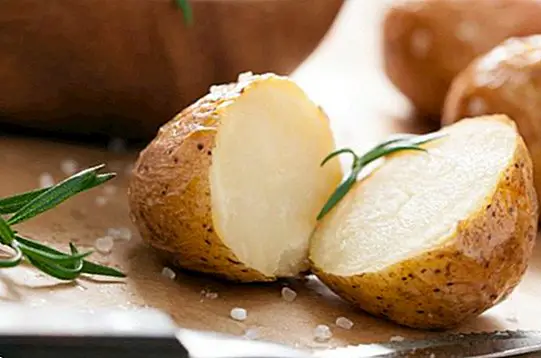Why cystitis appears and how to prevent it
Cases of cystitis They occur in two forms: bacterial and non-bacterial. Let's define a bit of both of these versions of the disease. The bacterial form enters the urethra in many different ways. Once inside, it can adhere to the walls of the bladder and occasionally moves to the kidneys.
The urinary tract itself is usually clean due to the flow of urine that eliminates toxins and other waste, but the infection can develop if the bacteria that is lodged in the urethra multiplies. That's when it travels to the bladder and causes inflammation.

Women who use tampons are more susceptible to having bacterial cystitis that those who use sanitary napkins, this is because the chemicals that bring these products can irritate delicate parts of the vagina, resulting in unwanted inflammation. Practically, the cord of a tampon would work just like the wick in the dynamite, because that element provides the easy access of the bacteria to the body.
On the other hand, Non-bacterial cystitis is usually caused by small wounds or irritations. Some have called it "honeymoon cystitis" because intercourse can be the causative factor of these appearances that lead to inflammation of the urethra and eventually create infections. Sex can allow body fluids to mix, which opens the way to bacteria through the urinary tract.
Of course, sexual activity is not the only cause of non-bacterial cystitis. Irritations by chemicals in soaps or creams add possibilities, as also swimming in pools with too much chlorine and the excessive vibrations of motorcycles cause small but strong wounds that lead to the symptoms of this disease. Drinking very little water makes the urine very concentrated, causing the bladder not to empty completely.
Some foods, such as spicy foods, alcohol, black coffee, very acid fruit juices and those that cause allergy depending on the organism of each person can be harmful.

How to prevent cystitis naturally
Through feeding
Diet can be used as a preventive measure against this disease. Eating healthy will create immunity in your body to prevent infection and kill harmful bacteria.
Avoiding excess acids in foods and drinks is key. If you are susceptible to these infections consume with prudence meats, sugary and spicy foods. Drink your respective 8 glasses of water a day to dilute the acid in your urine.
Also remember that sugar feeds the bacteria and weakens your immune system. Chocolates, refined carbohydrates, processed flours and sweet sauces should be excluded as much as possible from the daily diet.
Finally, in terms of supplements, vitamin C four times a day while you have the infection, 30 grams of zinc daily for prevention, probiotics, bromelain and beta carotene are what you should consume.
Take cranberry juice regularly
Among juices, cranberry is the most appropriate of all. As long as it is low in sugar, is not pasteurized and is prepared naturally, it will help you overcome cystitis. Eating the fruit directly also works, if you prefer.
In fact, did you know that Cranberry juice is one of the most suitable drinks against cystitis? Not only does it help to cure urine infections, whether they are recurrent or not, but it is also especially useful to prevent their appearance, all in a totally natural way.

To prepare this juice you only need 500 gr. of red cranberries and 2 glasses of water. First wash well the red cranberries. Then put the equivalent of 2 glasses of water in a saucepan and bring to a boil. When the water starts to boil, add the cranberries, and simmer them for 10 minutes. After this time, turn off the heat and grill the cooked cranberries for 15 minutes.
Finally add sugar if you wish and put all the ingredients in the glass of a blender, blending everything well. Strain the juice, serve in a glass and drink.
Always use neutral soaps
As we saw, using soaps not really suitable for our skin type can cause irritations that eventually cause the appearance of urine infections, especially recurrent ones.
Therefore, the key is in always wash with soaps with neutral pH, that are more respectful with the own pH of our skin. Those made with only one hundred percent natural ingredients are useful. This article is published for informational purposes only. It can not and should not replace the consultation with a Physician. We advise you to consult your Trusted Doctor. ThemesInfections


